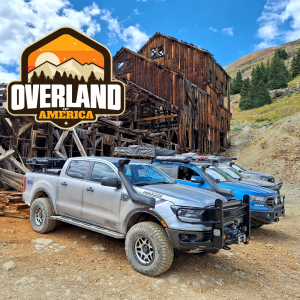askthemasses
Well-Known Member
I'm assuming because I was a dummy and didn't pinch the brake line that there's air in my brakes. How do I fix this? Bleedbthe brakes? I've never done that- easy enough or is it a complicated task?
Thanks!!
Thanks!!













